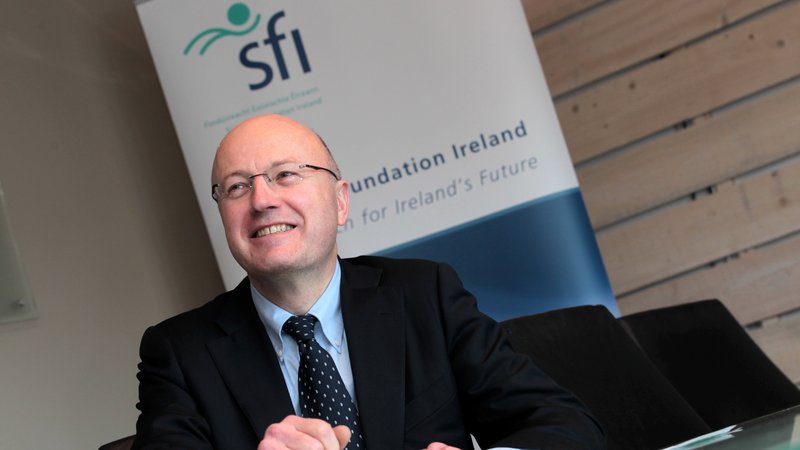Ireland will need to double the amount of money it invests in science, according to the Director General of Science Foundation Ireland (SFI), if it is to compete globally and improve the economy.
Speaking at the launch of the SFI’s 2017 review, the organisation’s Director General, Prof Mark Ferguson, said that additional funding was “very important for Ireland’s position globally”.
“Under international benchmarking analysis we would predict that we would not hold our position, not because the quality is deteriorating, but because other people are investing more”, he added.
Launching SFI’s 2018 budget, which stands at €172.5 million, Ferguson said that this would need to be increased to around €300 million over the next few years. Funding problems at third level also needed to be addressed, he added.
While Ireland’s scientific research community had succeeded in attracting world-class researchers to the country, more needed to be done to motivate “excellent scientists” in Ireland to take up careers in education. Commenting on the funding crisis that is currently affecting third-level education, Ferguson said that pooling expertise from different universities was proving to be effective but more action had to be taken. “Tough political decisions” would be needed, he said.
Highlighting the need for more STEM graduates, Ferguson added that attracting more women to the field was key to change. Admitting that women are becoming more likely to choose a STEM career, with science becoming “more mainstream”, he said that there was still some reluctance among women to choose engineering due to outdated perceptions of the field.
On the issue of gender balance, Ferguson said that while similar numbers of males and females are undertaking postdoctoral research, the gender ratio among professors remains skewed towards men. SFI, aware of the issue, is taking steps to rectify the imbalance by increasing the number of women receiving research grants by 30 per cent by 2020. The original target was 24 per cent by 2020 but this was achieved in 2016.
Furthermore, the SFI awards a “starting investigator research grant” which is being targeted at women. Applications for the grant from women have increased from 25 per cent in recent years to 44 per cent in 2015.
Brexit was also one of the big topics of the launch. Ferguson explained that while the change presented difficulties for the organisation, it also presented them with an opportunity. The funding group currently has a deal in the works, which would see PhD students spend half their time in Ireland and the other half in the UK. A similar agreement is being worked on for professors.







